If your car's headlights dim when you hit the brakes, you need to understand why and what to do next. To help you, we researched the problem and have information to share about how to fix it.
When your car lights dim when you brake, there could be several reasons for the issue. The most common one is that the bulbs are old, dirty, or have faulty connections. A quick inspection can help you determine the root cause. You may need to change the lightbulb.
Note that some cars dim their lights automatically, while others only dim when you hit the brake pedal. So keep reading to find out more about why car lights dim when you brake and how to fix any related problems.
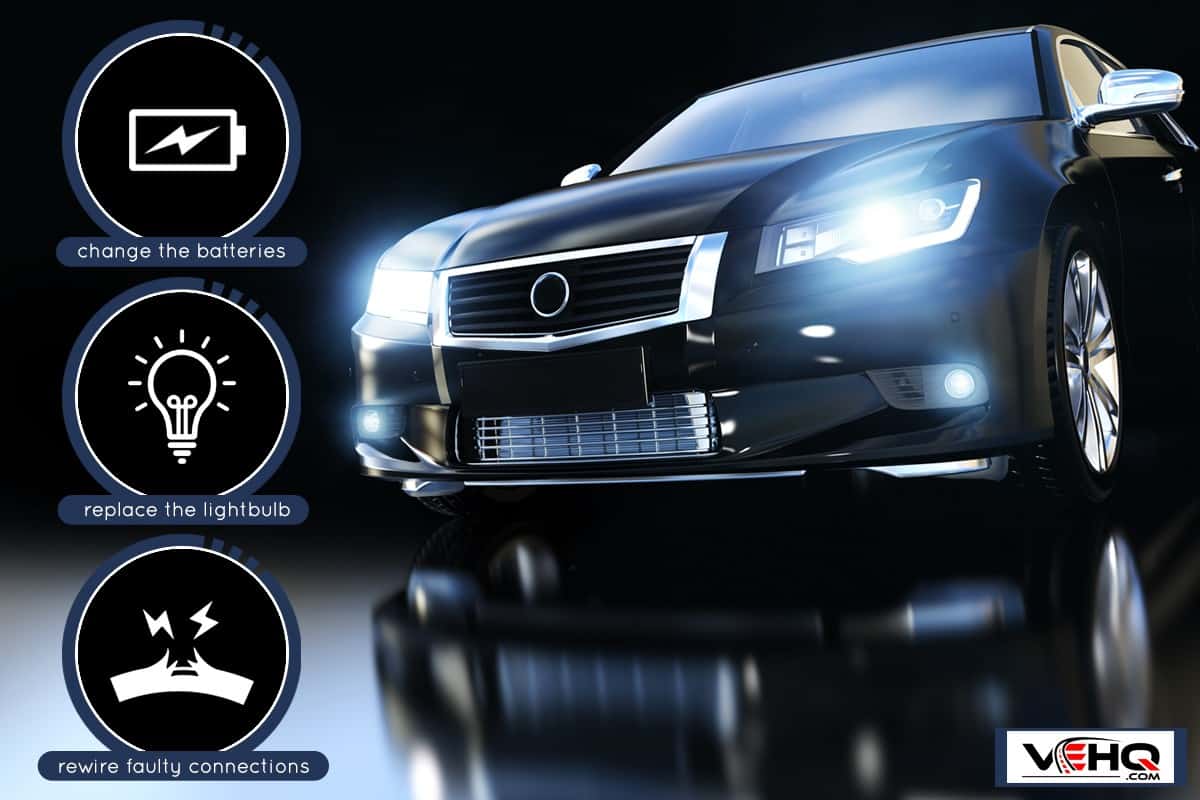
Why Do Your Car Lights Dim When Braking?
The first thing to consider when your car's lights dim when you brake is whether they're actually dimmer. Some cars' headlights dim as they're drawing power, but others dim when you hit the brake pedal.
The reason why your headlights may be dimmer than the rest is usually the same: a dim bulb. You can fix this problem by installing a body ground on your vehicle.
If the problem persists, then it is likely a bulb issue. Changing the lightbulb is the best course of action. First, examine the lightbulb itself. You'll need to note any color changes on its surface.
If this doesn't fix the problem, try testing it with a power source and a battery. Otherwise, it's time to replace the bulbs.
A faulty battery or faulty wiring connections can also cause this problem. When you notice your car's headlights dim when you brake, you can try to change the batteries or replace the lights. In case all these options fail, it might be time for a rewire. You'll also need to replace the light assembly.
How to Stop Your Car Light from Dimming When You Brake
The following are the steps you can take to fix the problem. Once you've done these steps, your car light should be back to normal.
- Check your lightbulbs: The bulbs in the brake and side lights may have burned out. In this case, replace the bulbs. You can also test the other bulbs using a voltmeter.
- Overlay close coil: Some cars have an overly close coil in the bulb. It can fuse together when you drive on a bumpy road. If you're unable to fix this problem on your own, it's best to visit a mechanic who can diagnose the problem properly.
Check out this product on Amazon.
Why Do My Headlights Flicker When I Hit the Brakes
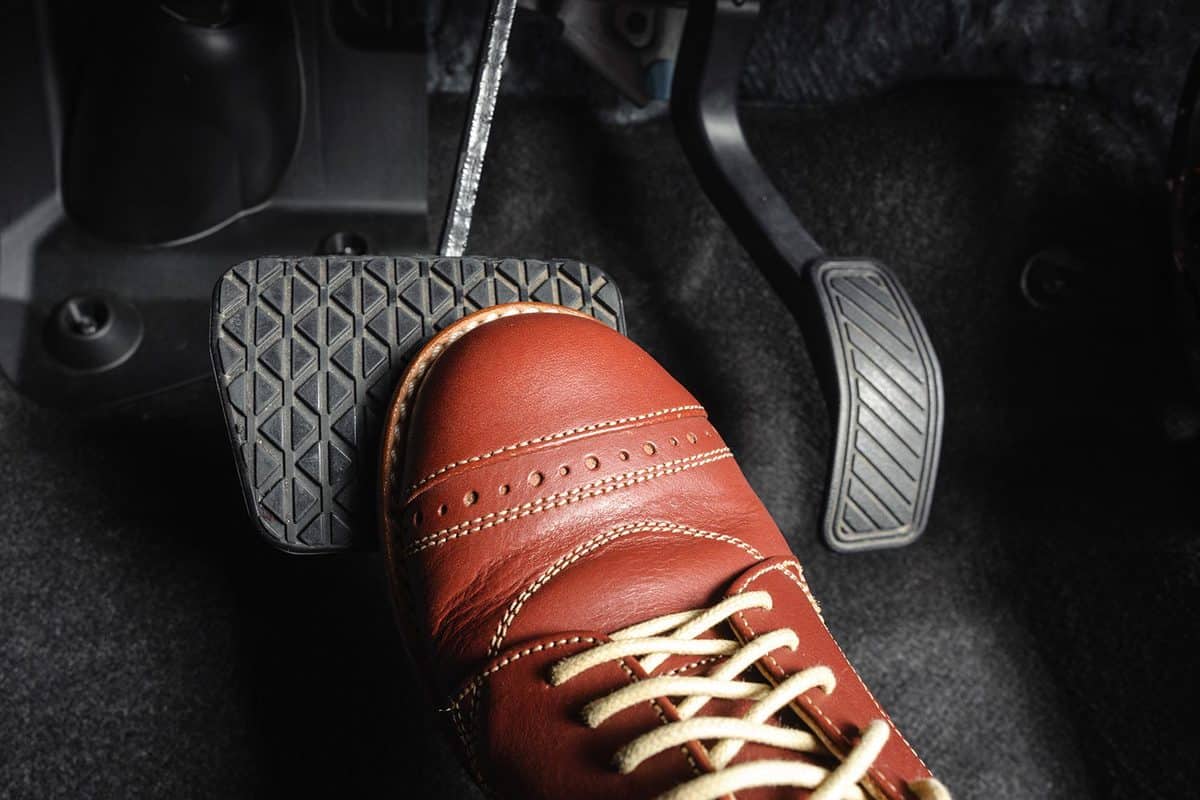
For a headlight that flickers when you hit the brakes, you should check the electrical system first. Most often, a failing alternator, a weak battery, or a faulty headlight bulb is to blame.
LED headlights flicker because the LED doesn't receive enough voltage from the electric system. To resolve this problem, you should install an LED driver, which will enable the electric system to supply constant voltage to the lights.
Another cause of flickering headlights is a weak battery. If your battery is weak, the lights will dim or even turn off altogether. Regardless of the cause, you should get your headlights checked by a certified technician as soon as possible.
Headlights flickering can be dangerous and should be taken care of immediately. You can contact a professional for a battery inspection.
How Do I Stop my Headlights from Flickering?
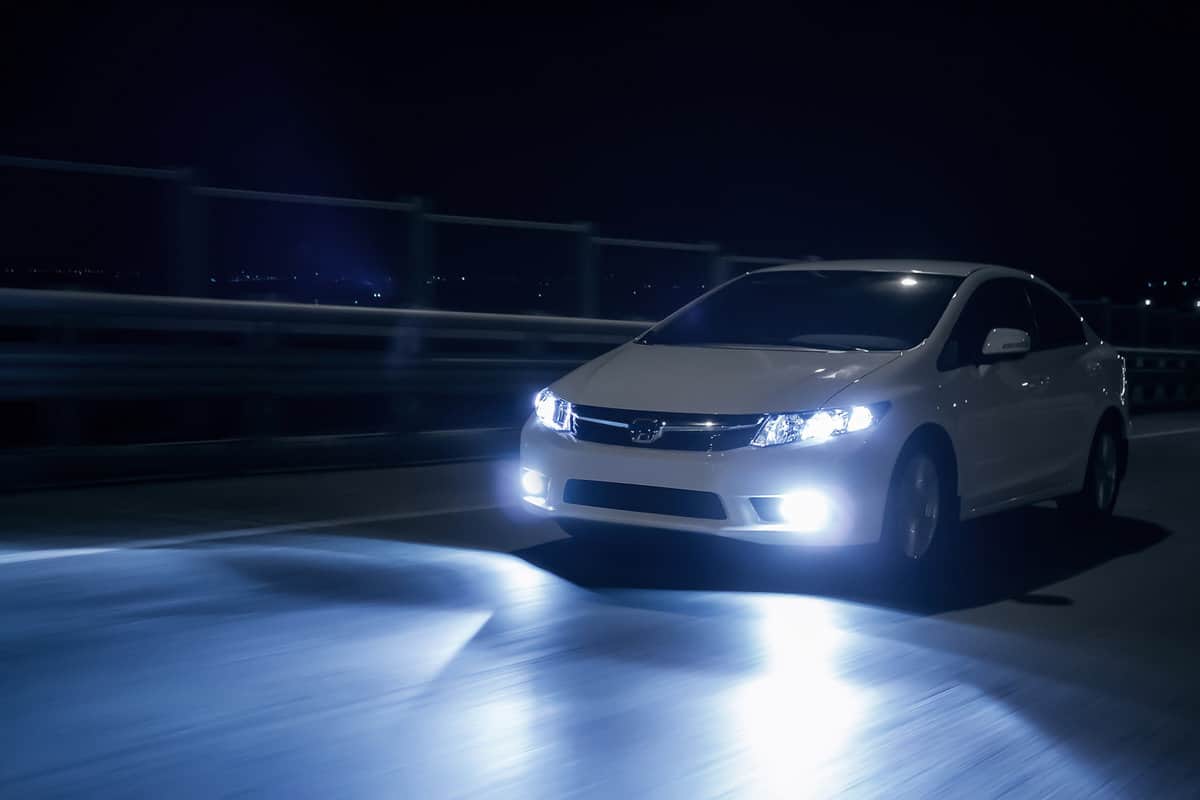
Flickering headlight problems can be caused by a few different things, from a bad alternator to corroded wires on the main wiring harness. This section will provide some basic information on how to diagnose the problem.
In the case of a car with flickering headlights, the most likely cause is a failing battery. Look for a broken wire or electrical connector and try replacing the wire. It may be that the headlight switch has failed. A more serious cause of flickering headlights is the electrical system itself.
A failed headlamp switch or an alternator can cause the lights to flicker, so you may need to replace the battery, alternator, or relay. The good news is that the problem is often fixable.
Would a Bad Alternator Cause Lights to Flicker?
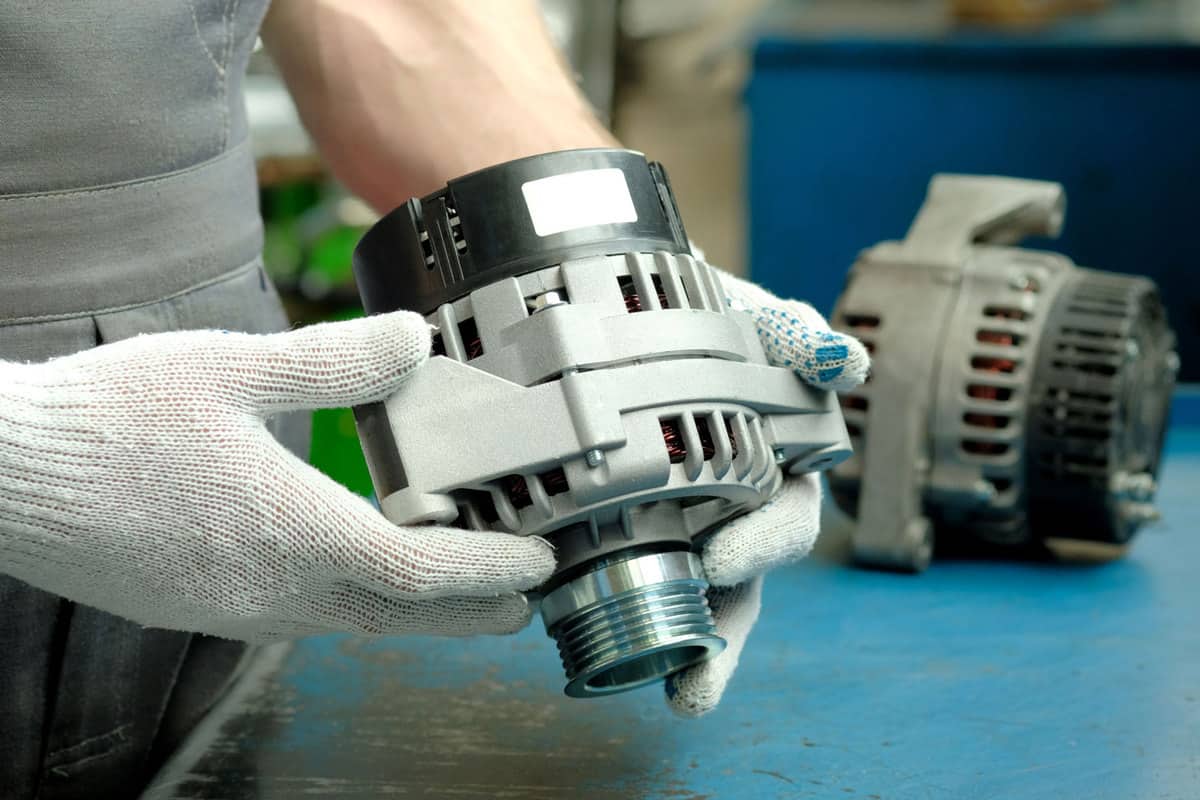
Flickering car lights are not always indicative of a faulty alternator. They can be caused by loose ground connections, cables or bolts, or a faulty ignition system.
If you suspect that the alternator is causing the problem, then take your car to a mechanic. The mechanic can check for loose connections or ignition wiring and make the necessary repairs.
To check for a faulty alternator, go to your car's dashboard. You'll probably find an indicator light embedded into the dashboard. This light is usually shaped like a battery and may say ALT or GEN.
If it's illuminated, there's a problem. The warning light illuminates when the alternator is not supplying sufficient power to the various electronic systems. This happens only when the vehicle is using many electrical systems at once, so your car's electrical system is starting to fail.
Another sign of a bad alternator is a growing noise. An alternator is responsible for powering various components in your car, including the lights and gauges. It also helps power the various parts of the car and keeps your battery charged.
A bad alternator can cause several car problems, from a malfunctioning alternator to a complete breakdown of the engine. A failed alternator is an inconvenience, as it can be hard to start your car without power.
Can a Bad Battery Make Your Headlights Dim?
The first possible cause of dimming headlights while braking is an old or failing battery. You can test your car battery by using a battery tester. However, many car repair shops will check your battery for free.
There are other possible causes for dimming headlights while braking, including a faulty alternator. A poor alternator can cause dim or flickering headlights while driving.
The negative battery terminal must be connected to the clustered ground connector (CGC) of your car. Measure the voltage across the battery terminal from that tab to the wires connected to the CGC.
When the voltage drop is more than 0.5V, a bad battery is likely to be the culprit. When braking, the headlights draw 72.4 watts or about 6 amps.
Is My Brake Fluid Low?
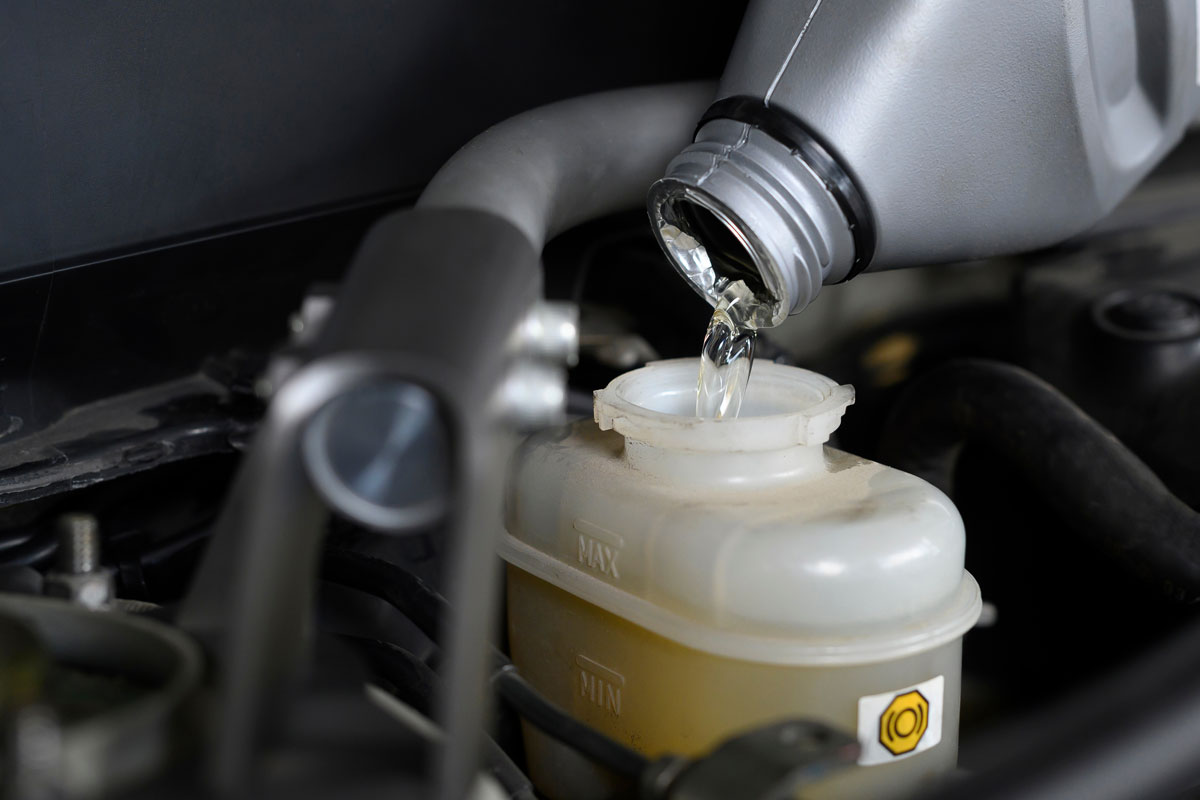
When your car's brake lights go out every time you try to stop, you may have low brake fluid. Low brake fluid can be caused by a number of different things. A car's brakes may not be applied properly, which causes the fluid level to drop.
Your car's brake system also needs to be checked for leaks to make sure that there is no other damage. Most cars have separate lights for the parking brake and the handbrake.
The dashboard may also dim when you try to brake or pump the brake pedal, and you may notice small leaks near the wheels. Brake fluid might be toxic and can corrode paint, so it's best handled by a mechanic.
One of the easiest ways to determine whether your car has low brake fluid is to check the bulbs. Sometimes, the brake bulbs are clogged, which will keep the light from coming on when you try to brake.
If you're unsure whether the bulbs are clogged, ask a friend to stand behind your car while you press the brake pedal and determine if the brake lights are functioning. Should the brake lights go out after you press the brake pedal, it's probably due to a leak.
How Do You Reset a Brake Light Switch?
This procedure may compromise the safety of the driver and others on the road. If you are not a mechanic, you may wish to seek the services of a mobile mechanic to perform the necessary work.
To begin, make sure that the car is parked on a level area and depress the parking brake lever. Then disconnect the battery wiring harness and locate the switch near the footwell.
When the light switches are not working properly, you might have a blown circuit fuse on the brakes. To check, you may need to loosen the bolts holding the switch in place. If the switch is unable to pop out, it may be the spring that is faulty. It is important to remove any crud or grease that may be blocking the switch.
Final Thoughts
Lights are an important part of a car that help with safe driving. Therefore, you should try to avoid driving your car if the lights are dimming and flickering. Hopefully, this article has equipped you with the know-how to address the problem of car lights that dim when you brake.
To read more on car lights, check out these engaging articles:

